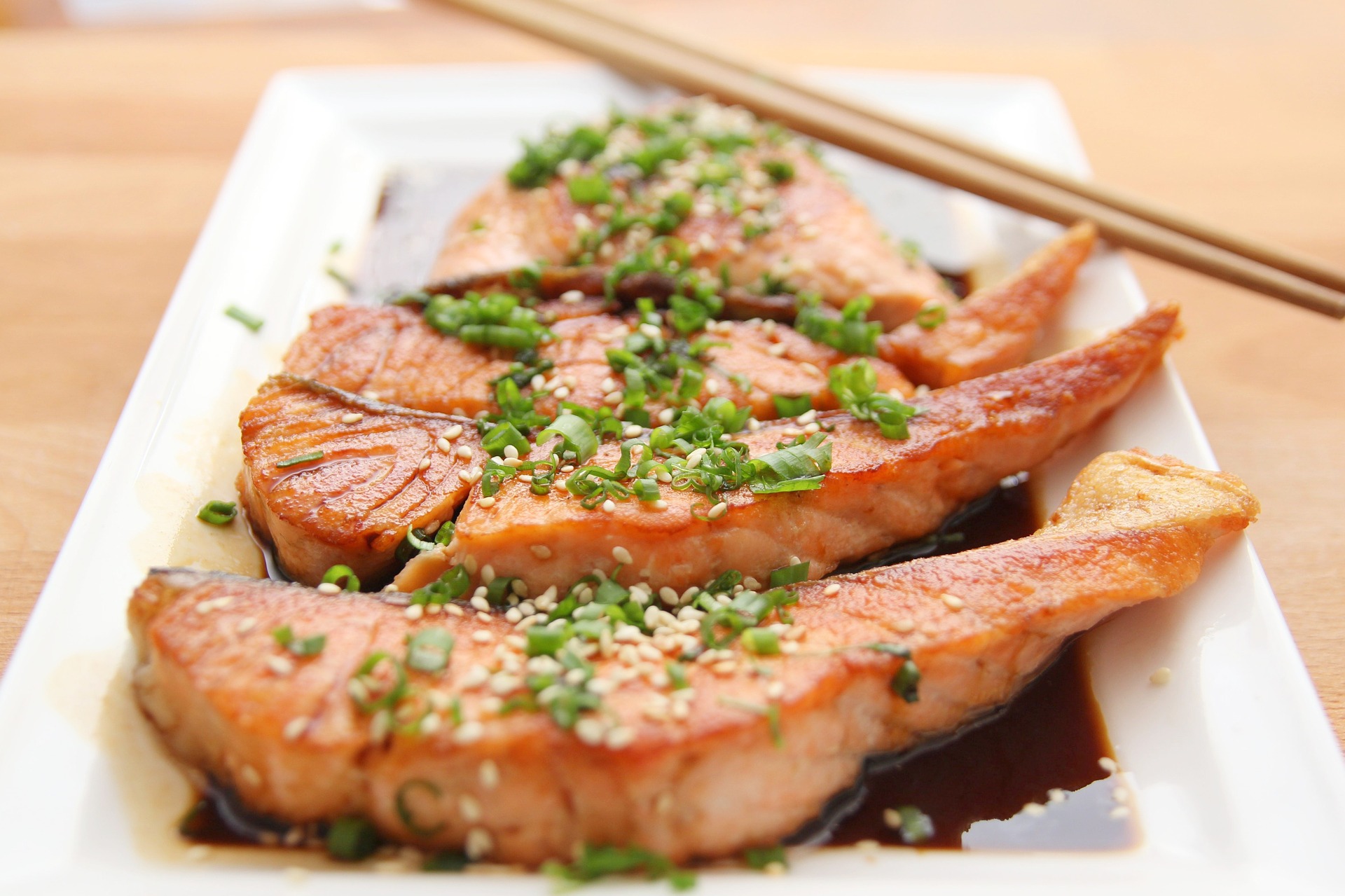Why do we need proteins?

Proteins are the building blocks of life as every cell in our body contains protein. In fact after water, proteins make up the second largest percentage of body material. We need protein for growth and repair of body tissues, formation of enzymes and hormones to maintain optimal bodily functions, and for energy.
The basic structure of proteins is a chain of amino acids. There are a total of twenty-one biologically active amino acids in the human body. Nine of these are considered essential, which means they must be obtained from dietary sources. Of the remaining twelve, four are considered non-essential (can be made in the body) and eight conditionally essential (necessary only in times of stress or illness).
How much protein do we need?
Protein requirement varies from person to person and is largely dependent on their body weight and activity level. Minimum requirement for sedentary individuals is set at about 10% of daily calories or 0.8g of protein per kg of body weight per day. However for physically active individuals, protein should make up anywhere between 25 – 35% of their daily caloric intake or 1.4 – 1.8g of protein per kg of body weight per day. For e.g. a 50kg physically active woman should aim to eat in the following range:
1.4g x 50 to 1.8g x 50 = 70 – 90g of proteins per day
Should protein consumption be spread out throughout the day?
The answer to this question depends upon your goals. Like I mentioned earlier, our bodies can use proteins both for muscle building and repairs as well as a source of energy.
Our bodies do not have a large storage reserve for proteins as it does for carbohydrates and fat. So we can’t eat large amounts of protein in one sitting and expect it all to turn into muscles. If we consume more proteins than we need for muscle synthesis, our bodies are equipped to reconfigure the excess amino acids either into glucose for energy or fat for storage. Also the ammonia formed as a result of excess protein consumption is eliminated through urine and sweat, sometimes resulting in excess fluid loss.
So if muscle building is your goal, it’s probably better to spread out your protein consumption throughout the day, consuming around 30g of protein per meal. However, if you want to use proteins as a source of energy as well, you can definitely consume larger portions per meal as one way or the other our bodies are equipped to absorb most of the protein we eat. Just be mindful to consume extra fluids to prevent dehydration.
What are the best sources for protein?
Optimal sources of protein are the ones that contain all nine essential amino acids and are therefore referred to as complete sources. Lean meat, poultry, fish, dairy, eggs, quinoa, hemp and chia seeds are all complete sources of proteins. Plant based foods like nuts, seeds, legumes, grains and vegetables are referred to as incomplete sources of protein. However, when combined with other complimentary proteins they can become complete sources as well. Some examples include:
– Hummus with whole grain pita
– Rice with lentils or beans
– Tofu with rice
– Peanut butter sandwich
So the next time you prepare your meal, make sure that you include ample amount of proteins to keep your body functioning at optimal level.
